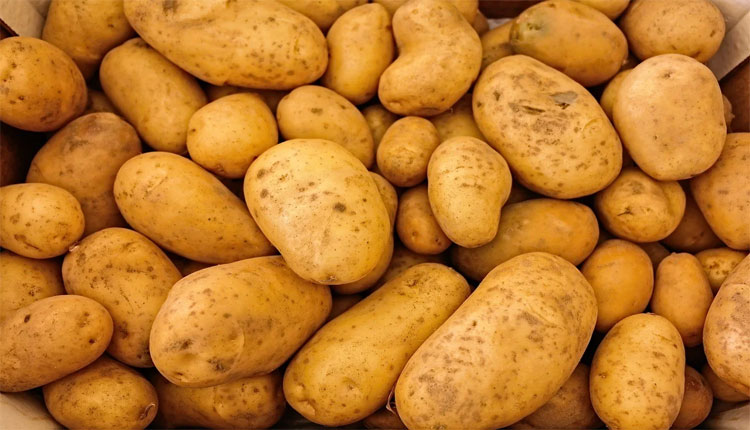With summer winding down and the colder months on the horizon, our kitchen menus shift towards hearty meals like soups, stews, and casseroles. A key ingredient in many of these comforting dishes is the humble potato. However, keeping potatoes fresh for long periods can be tricky, as they often sprout or spoil quickly if not stored properly.
To help reduce food wastage and ensure your potatoes stay fresh, here are some expert tips on the best ways to store them and common mistakes to avoid.
Karen Lamar, a storage expert from Organic Cottonmart, emphasises that one of the most frequent errors people make is storing potatoes alongside other vegetables, particularly onions. “Many people keep potatoes and onions together, but this is not a good practice. Onions release ethylene gas, which accelerates the spoilage of potatoes,” Karen explains.
To avoid early spoilage, she recommends keeping potatoes separate from ethylene-producing vegetables like onions, garlic, and tomatoes. These vegetables have high moisture content, which can speed up the sprouting and rotting process in potatoes.
Another key point to remember is that potatoes thrive in a dark, dry environment. Exposure to too much light can cause potatoes to turn green, producing chlorophyll and a bitter-tasting toxin called solanine. This toxin not only impacts flavour but can also be harmful when consumed in large amounts.
So, where should you store them? Karen suggests placing potatoes in a cool, low-humidity area such as a basement, pantry, or kitchen corner—away from direct sunlight. “Proper ventilation is crucial,” she adds, “so moisture doesn’t build up around the potatoes.” Keeping them in well-ventilated spaces helps preserve their freshness.
For packaging, opt for open paper bags, mesh bags, or cloth sacks instead of plastic bags, which trap moisture and promote faster spoilage. By following these simple storage methods, your potatoes can stay fresh for up to 2-3 months.
Storing potatoes correctly not only ensures they remain fresh for your winter recipes but also helps cut down on food wastage and can save you money in the long run.



Comments are closed.